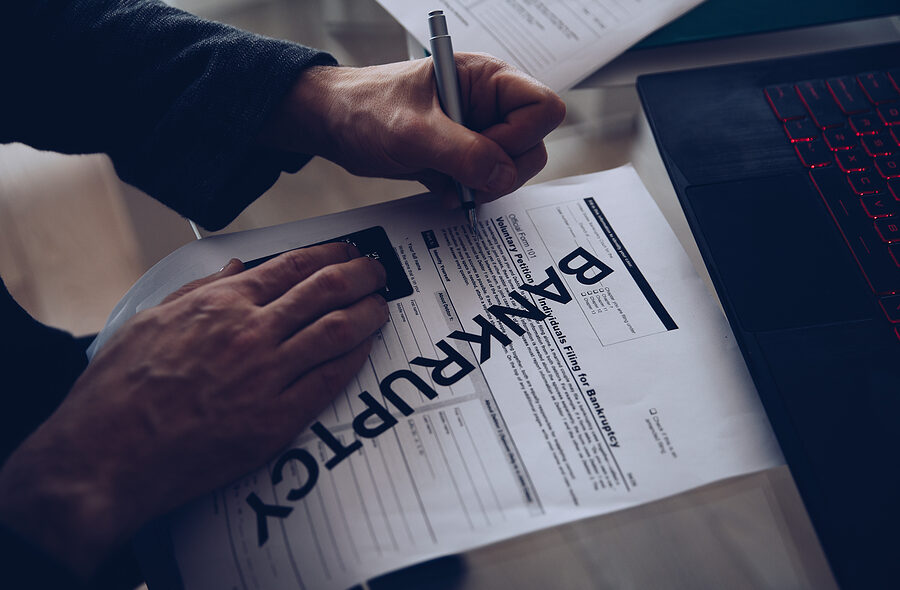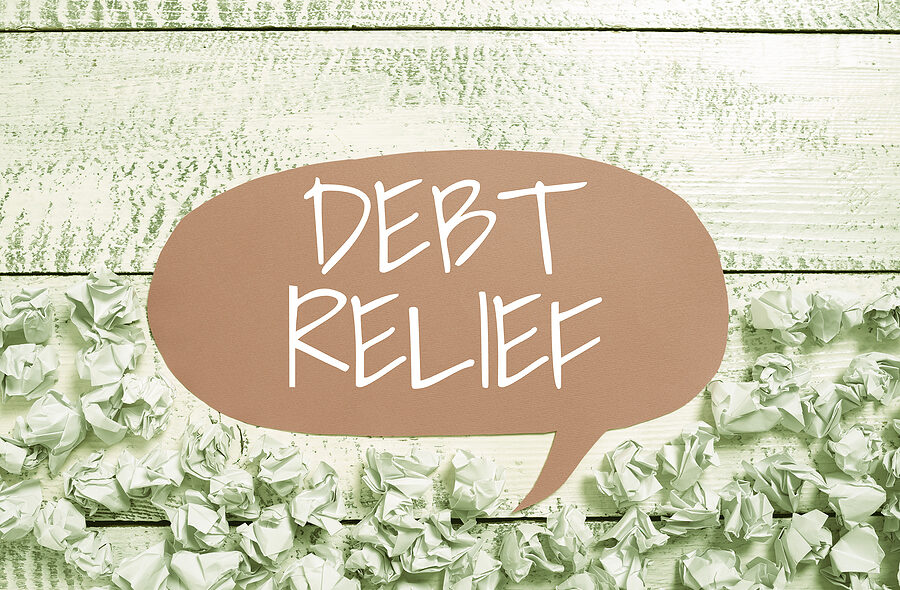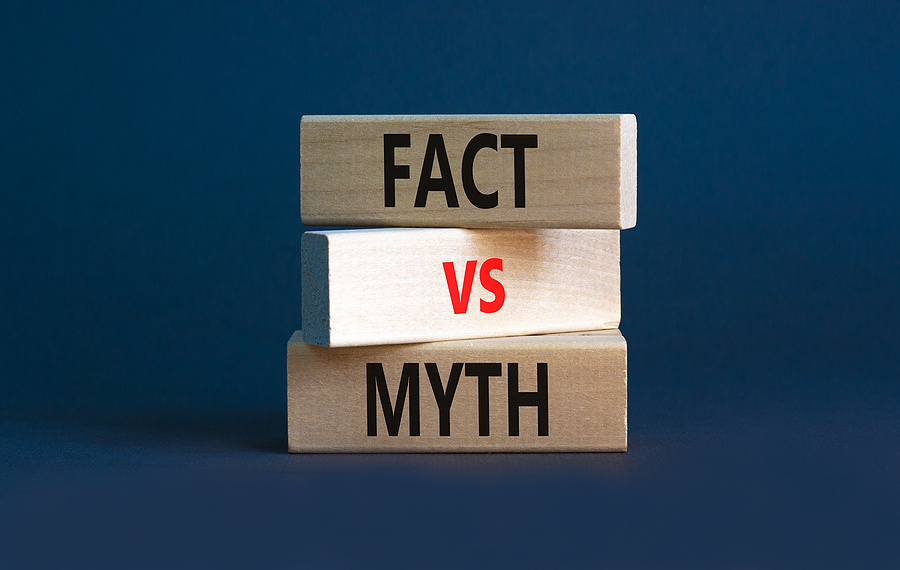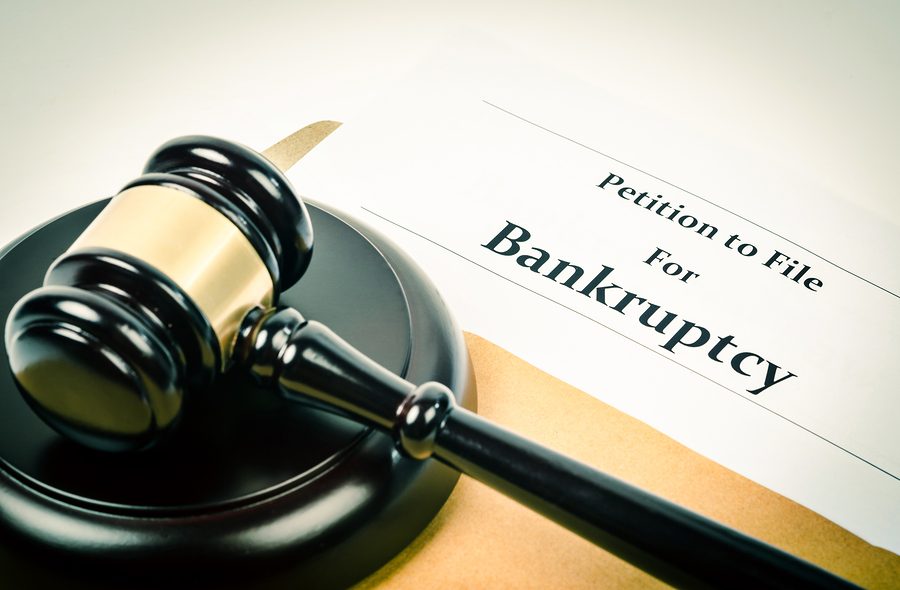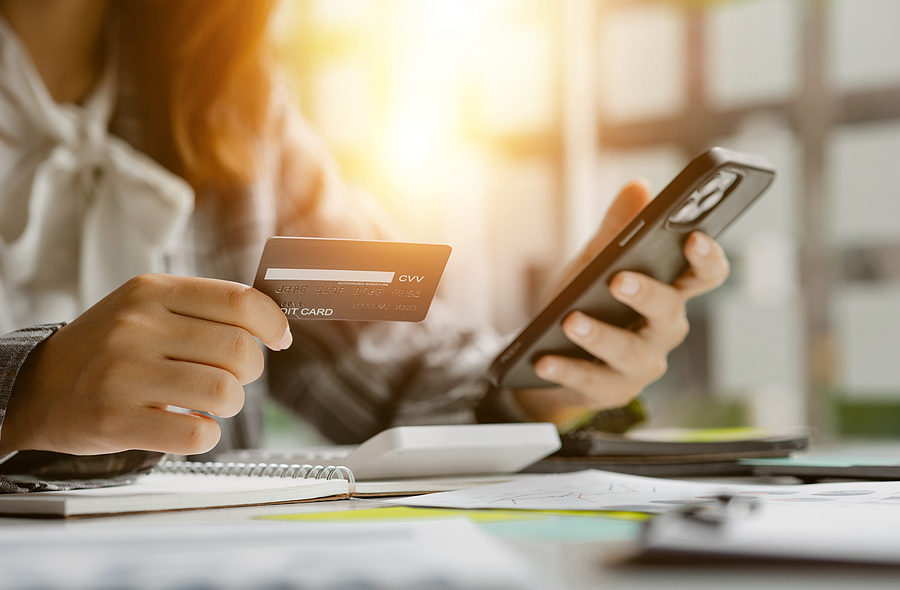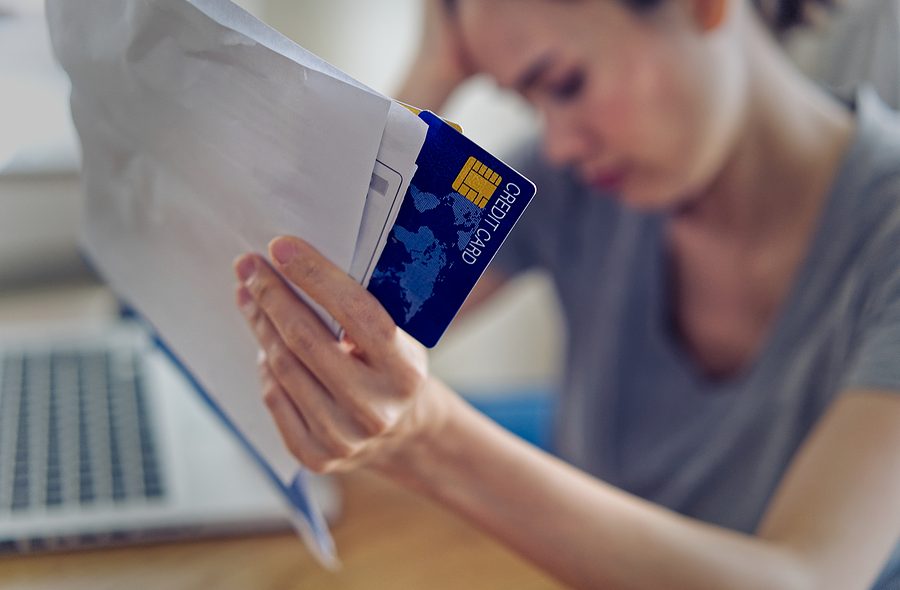Some of the most common New Year’s resolutions involve improving one’s physical health through diet and exercise, cutting out bad habits, and losing weight. Other popular New Year’s resolutions involve improving one’s financial health, getting finances in order, and eliminating debt.
Credit card debt, medical expenses, and the rising cost of living is weighing on many South Florida residents, causing more to fall behind on their monthly bills.


